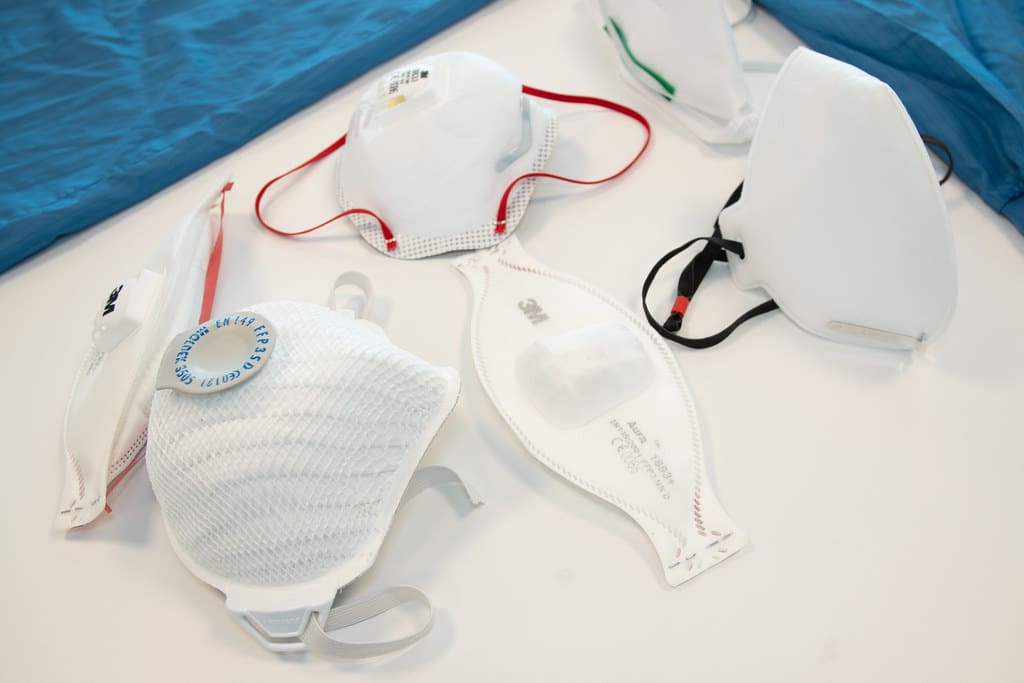As states begin the process of reopening the economy, employers are searching for ways to ensure the safety of their employees (and customers). Keeping employees safe and minimizing contagion risks are high priorities. There are attendant and significant legal risks. For example, in general, the federal Americans with Disabilities Act (“ADA”), 42 U.S.C. §§ 12101 et seq., forbids employers from requiring any sort of medical examination unless the examination is related to the job and based on “business necessity.” See ADA, 42 U.S.C. § 12112(d)(4)(A). This rule applies to all employees regardless of whether an employee has a disability. Thomas v. Corwin, 483 F. 3d 516 (8th Circuit 2007).
Thus, many employers are asking whether they can legally require their existing and returning employees to be tested or screened for COVID-19. The answer is “yes.” The Equal Employment Opportunity Commission (“EEOC”) has recently issued updated guidance for employers. These guidelines have been in place for several years and were originally promulgated with regard to an influenza pandemic. The EEOC has been updating the guidelines based on the current spread of the COVID-19 virus. See here.
In general, leading up to and during a pandemic, the ADA strictures are greatly reduced. The EEOC has stated plainly that “the ADA does not interfere with employers following recommendations of the CDC [Centers for Disease Control] or public health authorities, and employers should feel free to do so.” (Section B18). Thus, if local health authorities have mandated or encouraged employee testing, then employers are allowed to do so without violating the ADA. Indeed, New York State has recently issued reopening guidelines making COVID-19 screening mandatory. See here (page 4).
Even in the absence of authorization from the CDC or local health authorities, the EEOC has approved COVID-19 screening with some qualifications (such as, the screening must apply uniformly to all employees). As an example, the EEOC has said that it is lawful for an employer to use temperature screening for employees. The EEOC guidelines accept that taking an employee’s temperature is a “medical examination” as defined by the ADA. However, the EEOC is taking the position that, given the pandemic and the need to slow or stop the spread of the virus, medical examinations of this sort are a “business necessity” particularly given the quickness and low intrusiveness of the test.
As another example, the Guidelines indicate that,during a pandemic, a job applicant can be required to be tested for COVID-19 and that, if the applicant tests positive, it is lawful for the job offer to be withdrawn. The EEOC states: “Based on current CDC guidance, this individual cannot safely enter the workplace, and therefore the employer may withdraw the job offer.” (Section B19). Note that the guidelines provide different sets of rules for different phases of a pandemic.
Here are a few other highlights from the EEOC guidelines while the COVID-19 pandemic continues:
- Without violating the ADA, employers may require employees to adopt infection-control practices such as social distancing, masks and regular hand washing
- Employers may encourage and/or require employees to work from home
- Employers may ask employees if they are experiencing COVID-19-like symptoms, such fever, chills, cough, shortness of breath, or sore throat — the EEOC cautions that any information obtained must be maintained as confidential medical records
- Employers may delay the start date of a job applicant who has the COVID-19 virus OR symptoms associated with it
- Employers MAY be able to ask employees who do not have COVID-19 symptoms to disclose whether they have a medical condition that the CDC says could make them especially vulnerable to COVID-19 complications — this is allowed if the employer has “sufficient objective information from public health advisories to reasonably conclude that employees will face a direct threat” if they contract the COVID-19 virus
- Under the same circumstances, employers MAY be lawfully allowed to require medical examinations of asymptomatic employees to identify those at higher risk of COVID-19 complications
- Employers may require a doctor’s note or other documentation certifying that employees are fit to return to work duty
It is important to note, again, that what is allowed under the ADA and EEOC guidelines DURING a pandemic is not the same as what is legally allowed when a pandemic is approaching and when a pandemic begins to recede. Essentially, the “business necessity” component of what is lawful under the ADA changes depending on the severity of the public health conditions. To navigate these complex legal waters, your business will need experienced and talented legal representation.
If you need legal guidance as your company begins to re-open or if you have other labor law questions, contact the employment and business lawyers at Revision Legal at 231-714-0100.




